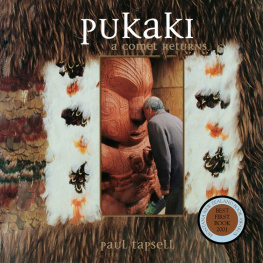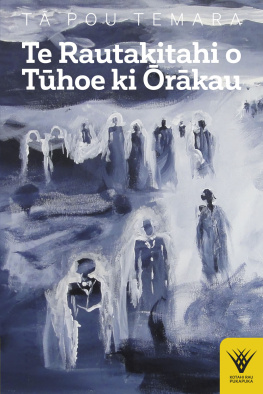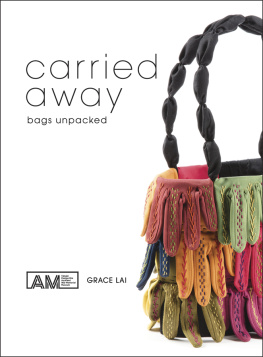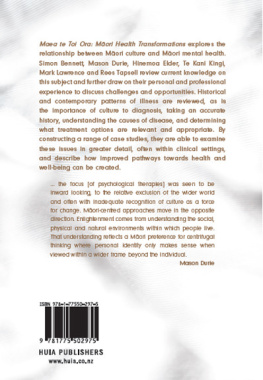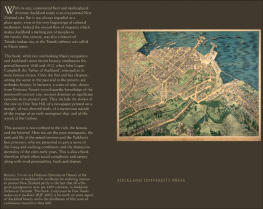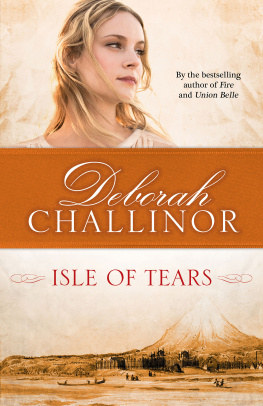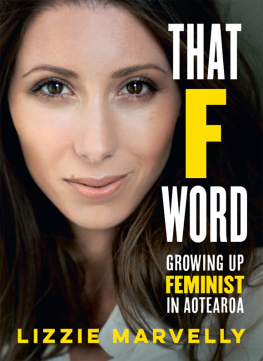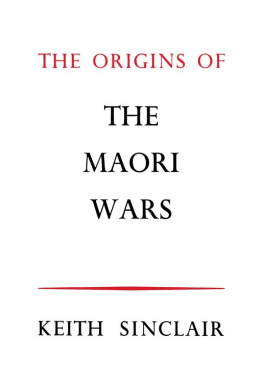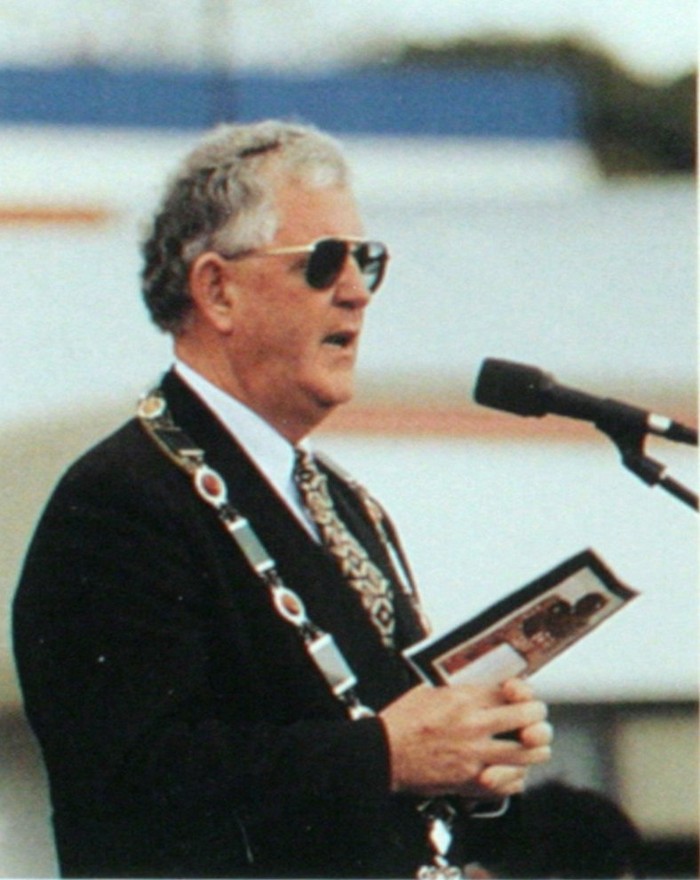
Mayor of Rotorua Grahame Hall speaking on Te Papa-i-Ouru, 2 October 1997. (Hamish Macdonald HM)
F rom time to time, cities of the world great and small will enjoy moments of sheer uplifting, a spiritual rebirthing, an outpouring of joy where tears and raw emotions will transcend any mortal control.
I have rarely experienced these moments moments when the absolute truth of realisation strikes with the force of a lightning bolt.
The Bible relates the story of the prodigal son where the joy of the return surmounts any misgiving or previous wrongdoing. Such is the feeling that I try to describe in these moments.
Pukaki is no prodigal but he has wandered far and wide and the experience of his final return to his birthplace, his home, his family, was one of these moments.
Pukaki, as you will soon find out, is the reason for Rotorua. His departure just over 120 years ago left a void, which ultimately became the overwhelming drive for his return. It was a privilege for me to be Mayor when Pukaki came home and it is a privilege for me now to foreword this unique work on the life of Pukaki.
This is a great story that has been waiting to be told to the world. It seems to me that Paul Tapsell was destined to be the one to tell this story. What hidden spirit urged him to seek out my old friend and respected kaumatua , the late Hamu Mitchell, to hand down the knowledge that otherwise might have been lost forever? What great spirit drove Paul to set about writing and completing this work? The final result is thorough and provoking. I must express my great admiration for his dedication and perseverance. I think that for him, Pukaki a comet returns is merely a beginning.
As Mayor of Rotorua, I have a role as custodian, so to speak, of the many treasures of the city. On that day in 1997, 2nd October, I knew that I had shared in a special piece of history, and the feeling of having played but a small part in the return of one of Rotoruas greatest treasures was one that will stay with me forever. Just as Hamu wanted, Pukaki now presides but a few short steps from the mayoral office, his journeys at an end, back with his people, his land. His presence is an inspiration the many thousands who have passed by him continue to be humbled by his aura.
Let this story of Pukaki be an inspiration to you.
Grahame W. Hall
Mayor of Rotorua
contents
appendices
list of narrators
,
, 132
F irst and foremost I wish to acknowledge my elders, almost all of whom have now passed on. This is their book, their vision. It was conceived so it might follow their mokopuna across the horizon coming to rest upon a nearby shelf at school, in the local library, or at home and fill them with ancestral pride and hope that transcends their commonplace urban realities.
I wish to extend my wholehearted appreciation to the whanau of Hamuera Taiporutu Mitchell, especially Kiri, and aunties Matemoe and Frances, for helping see Koros book to completion thank you so much for your wonderful guidance and offers of assistance and encouragement. Also to Auntie Bubbles, tena koe e kui mo to aroha tohutohu, tena koe. To my people, Ngati Whakaue and Te Papa-i-Ouru trustees, thank you for supporting me on this long and sometimes difficult journey. To our ariki, Wihapi Te Amohau Winiata and whanau, my deepest gratitude for your unwavering spiritual guidance over the years, especially after Hikos sad departure. E Hiko o te Rangi, takoto mai. Takoto mai ra e te tohunga ahurewa, takoto i te wahangutanga o te tangata, i te okiokinga pumau mo tatou katoa. Ka mohiotia e te katoa, na te maramatanga, te tohungatanga, te aroha hoki i waenganui i a koe i whakataki i te ritenga tika ki ahau e noho ana nei i taku tauiratanga. Na reira e kore koe e wareware. E koro, moe mai, moe mai, moe mai ra i roto i nga ringaringa a te Ariki
With great pride I would like to pass on particular recognition to the Ngati Whakaue Education Endowment Trust Board for sponsoring this project. To Hamish Macdonald, thank you for your time and dedication in producing the many photographs throughout. I am grateful both to Te Waka Toi for their financial assistance , and to the NewZealandHerald for providing the cover and title page images to this book. Also, to the helpful staff at Reed Publishing, a special acknowledgement for embracing my elders vision.
Thank you to the numerous Te Arawa tribal trusts, Waikato Raupatu Lands Trust, Te Maori Maanaki Taonga Trust and other agencies who have financially assisted my academic endeavours. Special thanks to the Centre for Cross-cultural Research at the Australian National University, Canberra, for supporting me during the final stages of writing in 1999. To my academic supervisors at the universities of Auckland and Oxford, thank you very much. There are many other people and institutions that have also assisted me including artists and museum colleagues throughout New Zealand. To all of you, my sincerest thanks. Finally, to my family, Whanau a Tapihana elders, my many cousins and friends, and most importantly my wife Merata and her whanau, I extend my heartfelt appreciation and gratitude for all your patience, support and guidance over the past five years. Kia ora koutou katoa.
T he annotated genealogies recorded in this book are available, in full, through the public record (Maori Land Court, and museum, government , church, library and university archives), as has been the case since the mid-nineteenth century. They can also be accessed via more recent publications (for example: Grace 1959, Kelly 1949, JournalofthePolynesianSociety, Simmons 1976, Stafford 1967, 1994, 1996) or by contacting Ngati Whakaues own genealogical experts. Those repeated on the following pages are neither complete nor do they necessarily account for seniority, all siblings, spouses, full names or aliases. As is the nature of Maori genealogies, they might also differ from one kin group to the next. The genealogies herein make no claim of authority over and above any other versions that exist. The sole purpose for including them, in annotated form, is to assist the reader in contextualising timespan, characters and events associated with Pukakis life from the time his ancestors arrived at Maketu, up until the 1836 battle of Te Mataipuku, some sixteen generations later. From 1836 onward, the book is chronologically ordered by historical dating as much for convenience as to maintain the genealogical privacy of Whakaues descendants living today. Any queries may be forwarded to the author via Te Papa-i-Ouru Marae Trust, Ohinemutu, Rotorua.

